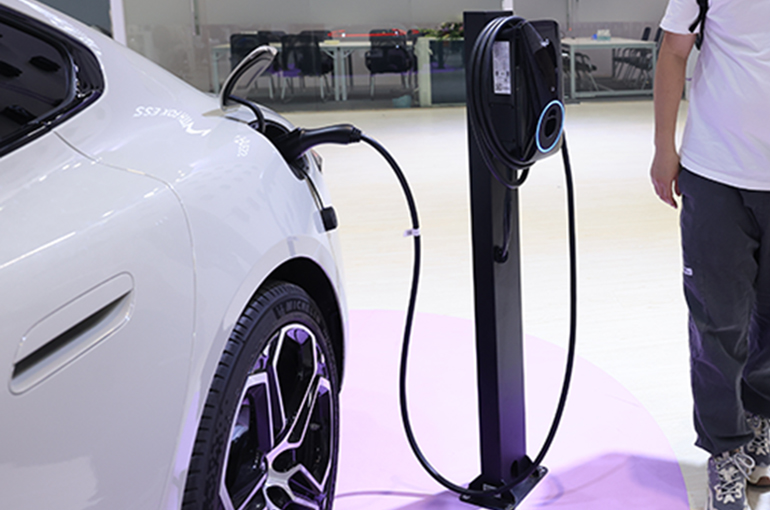 NEVs Lose Key Spot in China’s Five-Year Plan Proposals for First Time in Over a Decade
NEVs Lose Key Spot in China’s Five-Year Plan Proposals for First Time in Over a Decade(Yicai) Oct. 31 -- China did not list new energy vehicles as a strategic emerging industry in proposals for the 15th Five-Year Plan, its development roadmap through 2030, for the first time in more than a decade, prompting the question: are they still deemed a strategic emerging industry? NEVs were so categorized in the last three five-year plans.
The recommendations for the 15th Five-Year Plan were adopted by the fourth plenary session of the Central Committee of the Communist Party of China on Oct. 23 and the full text was released on Oct. 28. It focuses on speeding the development of strategic emerging industry clusters, including for new energy, new materials, aerospace, and the low-altitude economy.
After years of development, the NEV industry has entered a more mature phase and built strong international competitiveness, Ji Xuehong, director of North China University of Technology's auto industry innovation research center, told Yicai. The sector has become one of China’s leading industries, he added.
As it matures, policy support will shift toward emerging areas still in need of nurturing such as the low-altitude economy, new materials, and embodied intelligence, Ji pointed out. The development of these fields will further strengthen China’s technological and industrial competitiveness, benefiting the NEV industry as well, he said.
The guidance emphasizes “high-quality development” and “structural policies,” shifting away from blanket subsidies toward precision support, noted Cui Dongshu, secretary-general of the China Passenger Car Association. The aim is to guide the industry from being policy-driven to market-driven, he noted.
Cui suggested that for the sector to make its next leap to intelligent connected NEVs, it is essential to firmly adopt a long-term approach, focusing on electrification and intelligentization to strengthen technological breakthroughs. In addition, policy tools should be employed to avoid "blind expansion" and repetitive low-end projects, he added.
Regarding the supply side, Cui said efforts should be made to toughen market access and safety regulations, while on the demand side, policies such as trade-in programs and purchase tax relief should be fully used and a capacity warning system should be set up.
Industry Vice Minister Xin Guobin has said that his ministry will compile the development blueprint for smart connected NEVs in the 15th Five-Year Plan, promote the deep integration of artificial intelligence and autos, and push breakthroughs in key technologies such as next-generation electronic architectures and high-performance chips.
NEV sales are growing fast in China. Last month, the adoption rate was 53.5 percent at wholesale and 57.8 percent at retail, with both figures setting new record highs, according to the CPCA. In addition, sales of passenger cars equipped with combined driving assistance features accounted for over 60 percent of the total.
Editor: Martin Kadiev